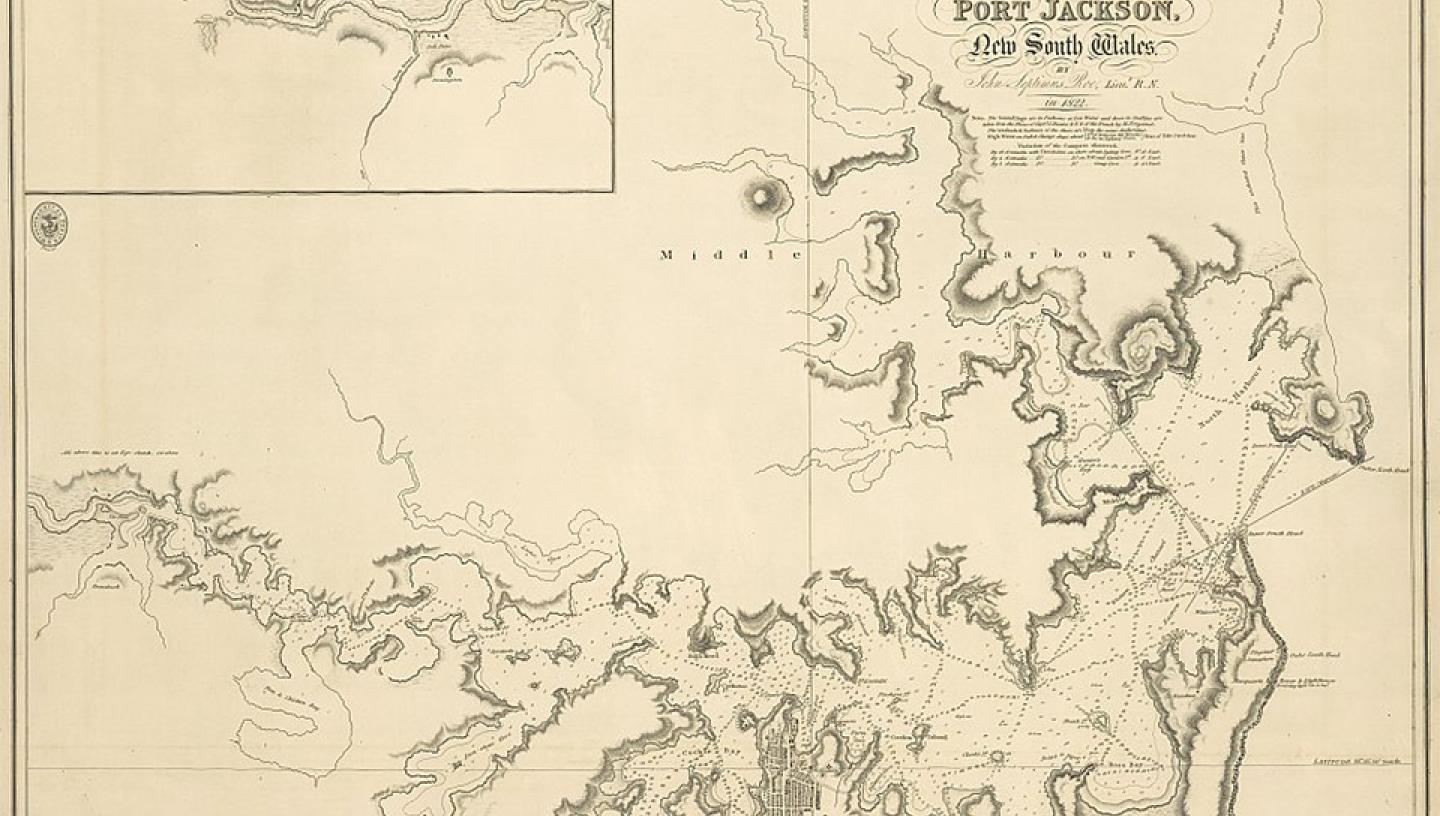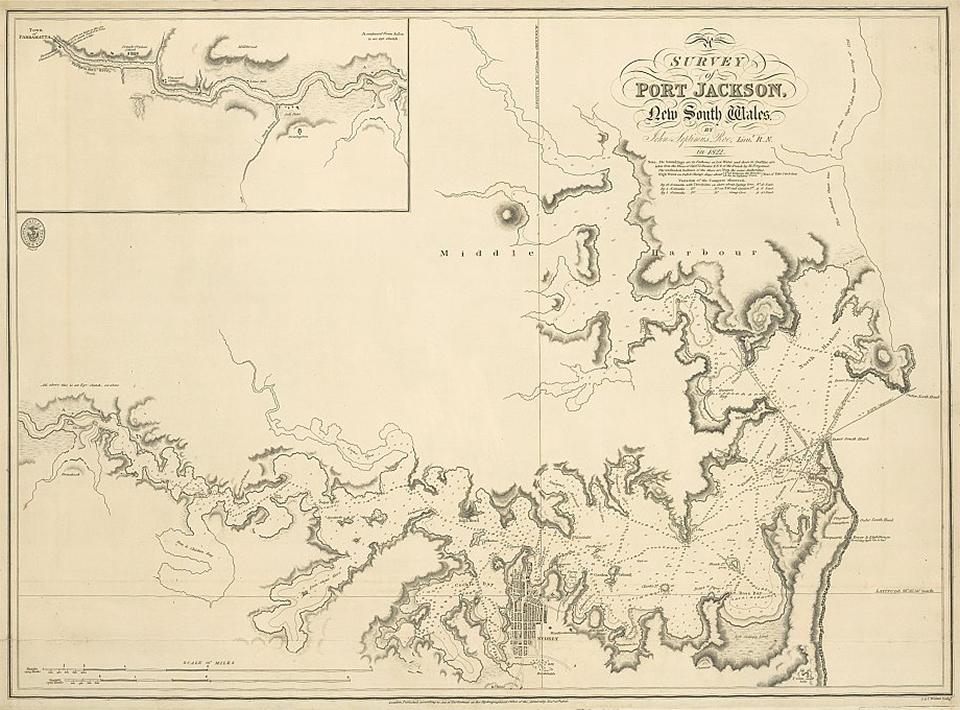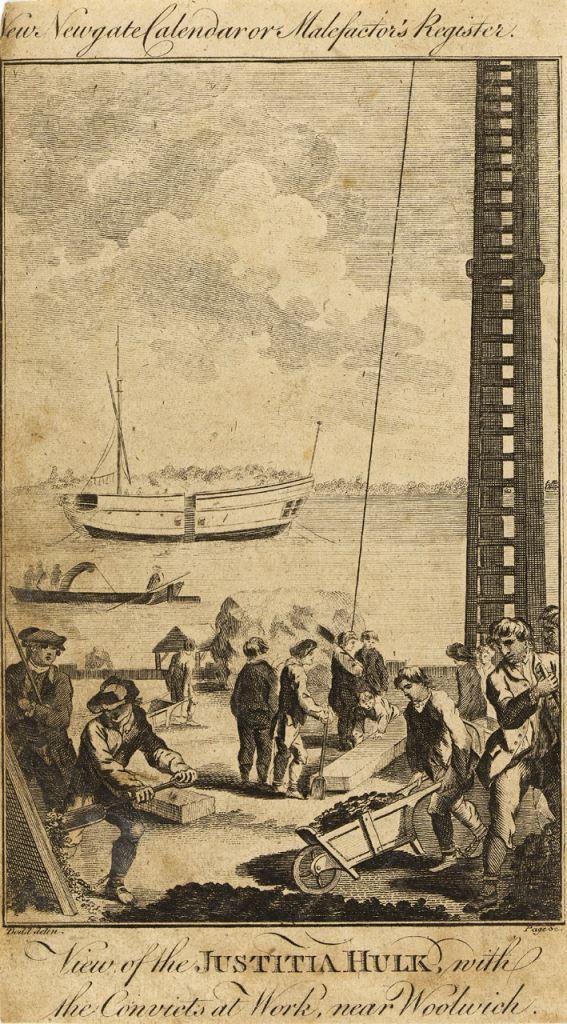
03 May 2017
Ask someone to name the most severe prison sites, and they are likely to suggest an island. Devil’s Island, Alcatraz, Robben Island all loom large in our imagination. But the actual history of prison islands is much less clear-cut. Katy Roscoe, Doctoral Candidate at the University of Leicester, argues that far from acting as a natural barrier, the sea leaked into every aspect of convicts daily lives.
Katy Roscoe's upcoming paper at the Maritime History & Culture Seminar Series looks at three Australian prison islands –Melville Island (Northern Territory), Cockatoo Island (New South Wales) and Rottnest Island (Western Australia) – to understand the history of punishment through a maritime lens.

The colonial government were certainly drawn to islands as ‘natural prisons’. But when it came to choosing a site, strategic factors often outweighed ideological ones. Islands were particularly useful both for military fortification and as trading outposts. Both European and Aboriginal Australian convicts built jetties, breakwaters, lighthouses and – even – dry docks to connect the Australian colonies to the wider British Empire. For many convicts who had worked on hulks in the Thames, their whole imprisonment would have been dominated by work in the maritime industries. In many ways, convicts were the hidden hands of global trade and communication.

As well as working in maritime industries, convicts also found uniquely ‘maritime’ ways to resist their imprisonment. Despite efforts to police the margins of carceral islands, shorelines were permeable: allowing illicit goods in and escaped convicts out. The presence of boat-crews on islands led to black market exchanges of alcohol, tobacco and news. Convicts also attempted (in often ingenious ways) to escape: swimming and stealing boats in a bid for freedom.
Free Maritime Lectures
Katy Roscoe will be giving a seminar on this topic at the Institute of Historical Research at 5.15pm on Tuesday 9th May. Come along to find out more about ship-building, smuggling and escapes! Seminars are free and open to all.